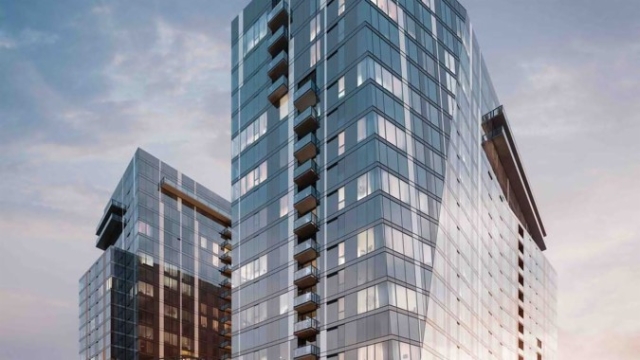
In the world of real estate, rental and leasing play pivotal roles in shaping the landscape of properties. From residential apartments to commercial office spaces, the process of renting and leasing involves intricate workings that form the backbone of the real estate market. Understanding the nuances of real estate rental and leasing is essential for both tenants and property owners alike as it influences the dynamics of the rental market and can have considerable financial implications. Whether you are looking to rent a property or are considering leasing out your real estate asset, delving into the secrets of rental and leasing can provide valuable insights and guidance for navigating this aspect of the real estate industry.
Types of Rental Properties
When it comes to real estate rental and leasing, there are various types of properties available for renting. Residential rental properties are one common category, encompassing houses, apartments, and condominiums. These properties are typically leased by individuals or families looking for a place to call home.
Commercial rental properties cater to businesses and include office spaces, retail shops, and industrial warehouses. These properties are leased by companies to conduct business activities such as manufacturing, trading, or providing services. The requirements and leasing terms for commercial properties are often distinct from those of residential properties.
Another type of rental property is vacation rentals, which are becoming increasingly popular for travelers seeking temporary accommodation. These properties can range from beach houses and cabins in the mountains to luxury villas in exotic destinations. Vacation rentals provide a unique experience for individuals and families looking to explore new places while enjoying the comforts of a "home away from home."
Key Considerations for Leasing
When entering into a real estate rental or leasing agreement, it is crucial to fully understand the terms and conditions outlined in the contract. Conducting a thorough review of the lease agreement will help clarify the responsibilities of both the landlord and the tenant. Pay close attention to details such as lease duration, rent amount, security deposit requirements, and any additional fees that may apply.
Spring Branch Apartments
Before committing to a lease agreement, it is important to carefully evaluate the location of the property. Consider factors such as proximity to amenities, transportation options, and overall safety of the neighborhood. Assessing the surrounding area will help determine the property’s suitability for your needs, whether it be for residential or commercial purposes.
In addition to understanding the financial aspects of the lease agreement, it is essential to establish clear lines of communication with the landlord or property management company. Building a positive and respectful relationship with the property owner can help address any potential issues that may arise during the leasing period. Open communication can lead to smoother interactions and a more enjoyable leasing experience.
Maximizing Rental Income
One effective way to maximize rental income is to conduct thorough market research before setting rental rates. Understanding the local real estate market trends and comparable rental prices can help landlords determine the optimal rent to charge for their properties, ensuring they are competitive yet profitable.
Additionally, maintaining the property in good condition is crucial for attracting quality tenants willing to pay higher rents. Regular maintenance, repairs, and upgrades can increase the perceived value of the rental property, allowing landlords to justify charging higher rents and potentially commanding a premium in the market.
Lastly, offering value-added services or amenities can also help increase rental income. Providing amenities such as parking spaces, in-unit laundry facilities, or access to a gym or pool can differentiate a property from competitors and justify higher rental rates. Tailoring these services to meet the needs and preferences of target tenants can attract tenants willing to pay more for the added convenience and lifestyle benefits.





